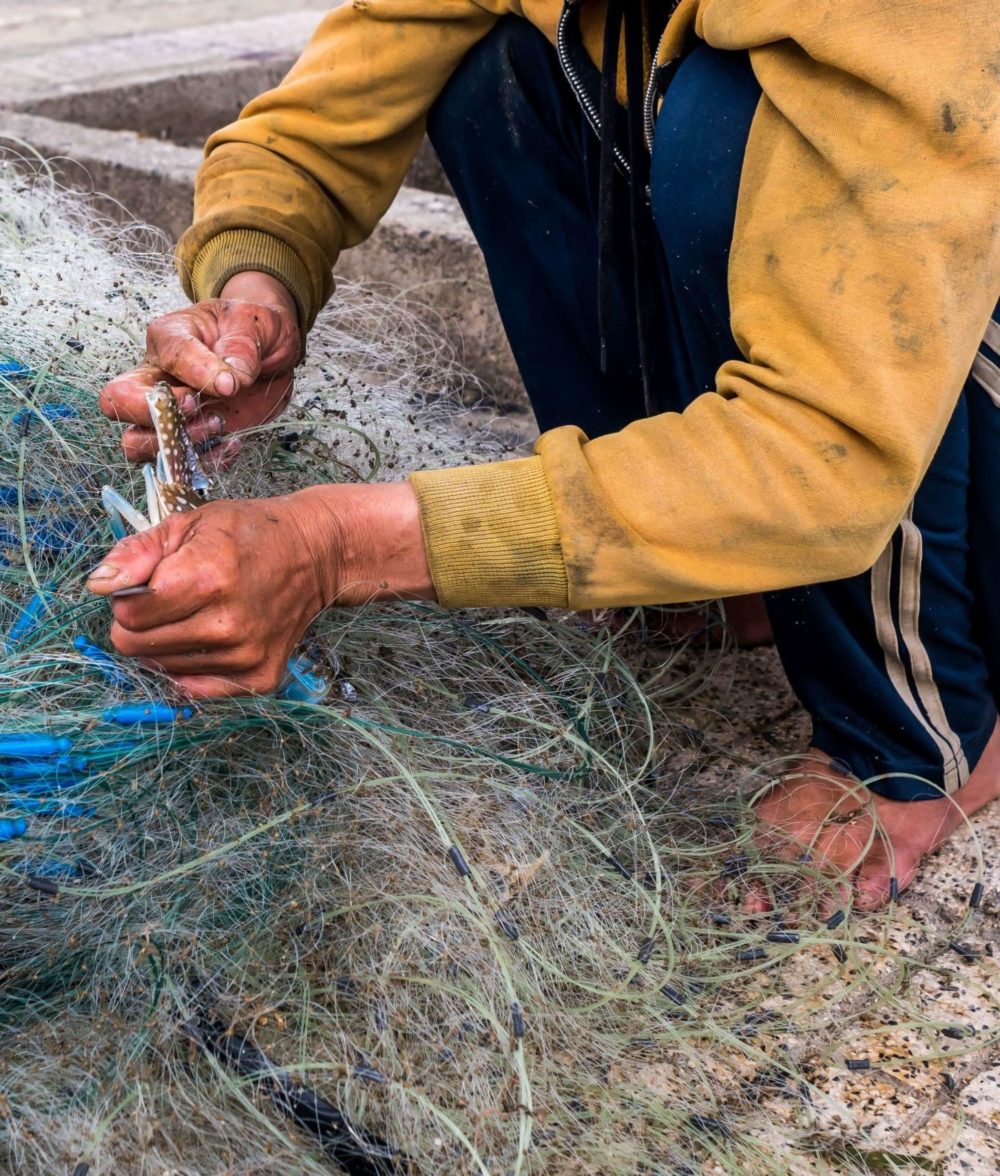REMEDIATE
Counteract and remedy adverse impacts
Support the people in your supply chains by righting wrongs and fixing the broken practices that allow wrongs to occur in the first place.
Support the people in your supply chains by righting wrongs and fixing the broken practices that allow wrongs to occur in the first place.

ACTION
ACTION
ACTION
Discover how companies can apply the RISE Roadmap to improve their social responsibility practices.




Enter a few details about yourself to view this resource.